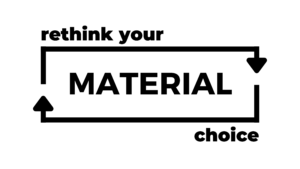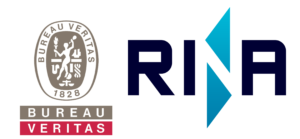Laser clad layer overview
Over the years Topclad Laser Cladding has developed a wide range of laser clad layers. Specially engineered alloys have been tested in cooperation with our customers, suppliers and notified bodies to meet a variety of customer needs. The below overview displays the key characteristics of our laser clad layers and lists the typical applications per product group. More detailed information can be found on the clad layer datasheets.

Standard Topclad Layers
| Standard Topclad layer | Typical applications | Corrosion resistance (PREN) | Wear resistance (ASTM G65; mm3) | Ductility | Impact resistance | Price index |
| » Quarite N | Offshore, marine protection, subsea equipment, bridges, sluices, cranes, wireline tensioners, food processing, chemical exposure, hot rolling equipment, conveyer rollers |
51 | 82 | Very high | +++ | 110 |
| » Quarite NR | 69 | 84 | Very high | +++ | 120 | |
| » Quarite NR+ | 69 | 67 | Very high | +++ | 130 | |
| » Quarite XT | 59 | 53 | Very high | +++ | 135 |
| » Tardisphere | Mining equipment, dredging equipment, milling equipment, crushing equipment, mandrels, bearing surfaces, ship propeller shafts, wear sleeves, slurry protection, heavy impact surfaces, ground engaging tools, hot rolling equipment, conveyer rollers | 51 | 25 | Very high | ++++ | 145 |
| » Tardisphere XC | N.A. | 23 | Very high | +++++ | 145 |
| » Sinex | Onshore, industrial application, food processing, conveyer rollers, stainless steel substitute | 25 | 90 | High | +++ | 100 |
↑ Click on the layer name to see a detailed datasheet

Overview notes:
– A low score on the ASTM G65 test indicates a high wear resistance.
– A high score on the PREN (Pitting Resistance Equivalent Number) indicates a high corrosion resistance.
– The price index indicates the relative price where the price of Sinex has been set at 100%. Actual prices are dependent on a variety of factors such as: product dimensions, tolerances, layer thickness, etcetera.
– All Quarite and Tardisphere clad layers can be applied with a length measuring system for hydraulic cylinders.
Non-standard Topclad Layers
| Trade name | Typical applications | Corrosion resistance (PREN) | Wear resistance (ASTM G65; mm3) | Ductility | Impact resistance | Price index |
| » AluBronze | Glide bearings for plungers, liners and rods | N.A. | Depending on application | High | + | 130 |
| » Inconel 625 | Onshore, offshore, industrial | 48 | 87 | Very high | +++ | 110 |
| » Stainless Steel 316 | Industrial | 22 | 96 | High | +++ | 105 |
| » Inconel 625 + 50um galvanic chrome |
Onshore, offshore, industrial | 48 | 25 | Low | -/- | 150 |
| » Stainless Steel 316 + 50um galvanic chrome | Industrial | 22 | 25 | Low | -/- | 140 |
| » Stellite | Mining equipment | 30 | 94 | High | +++ | 150 |
↑ More background information about the field application is necessary to provide specific information on the layers performance.
» Please contact Topclad customer service
Overview notes:
– A low score on the ASTM G65 test indicates a high wear resistance.
– A high score on the PREN (Pitting Resistance Equivalent Number) indicates a high corrosion resistance.
– The price index indicates the relative price where the price of Sinex has been set at 100%. Actual prices are dependent on a variety of factors such as: product dimensions, tolerances, layer thickness, etcetera.
– The key characteristics of AluBronze are highly dependent on the application and are therefore not listed in the overview.
